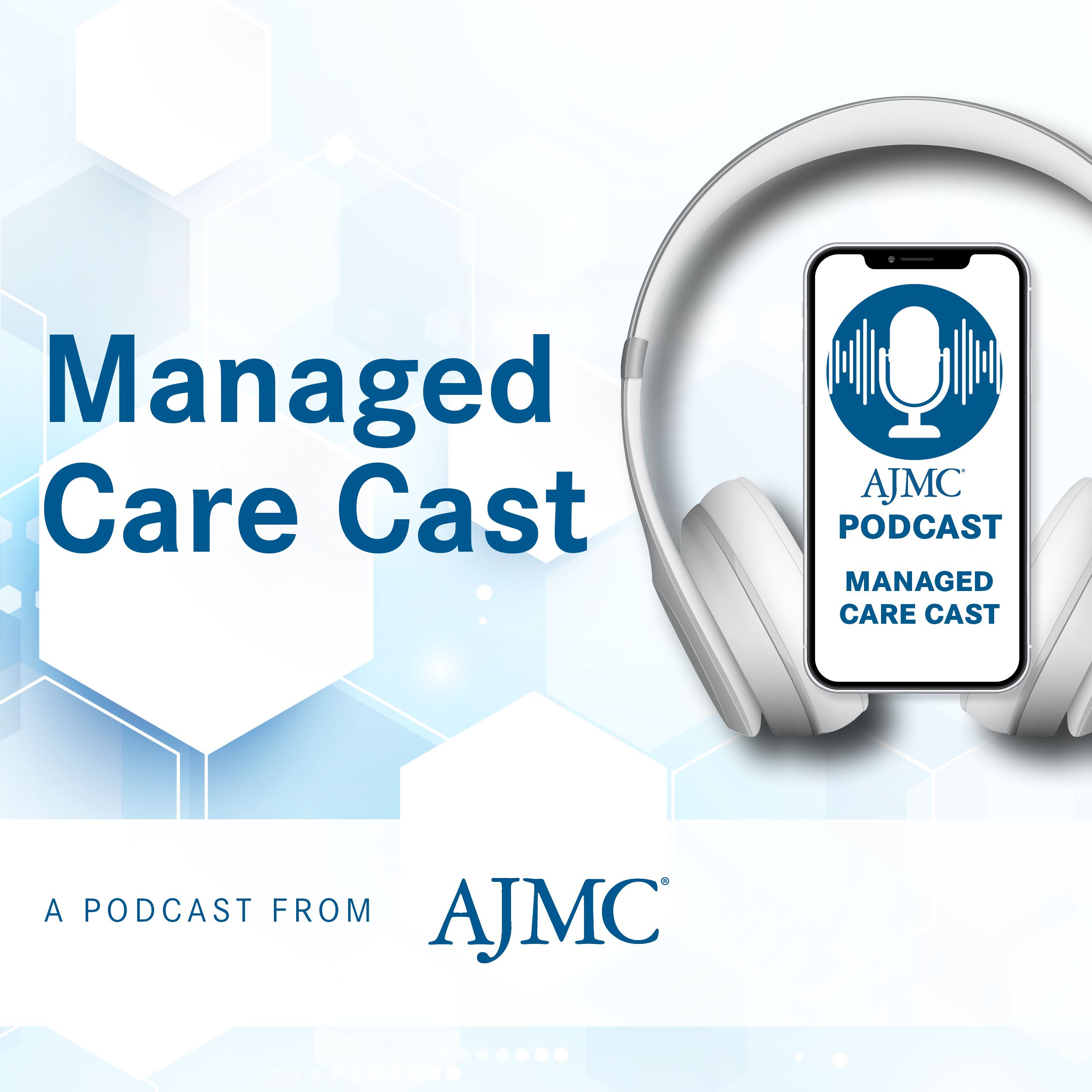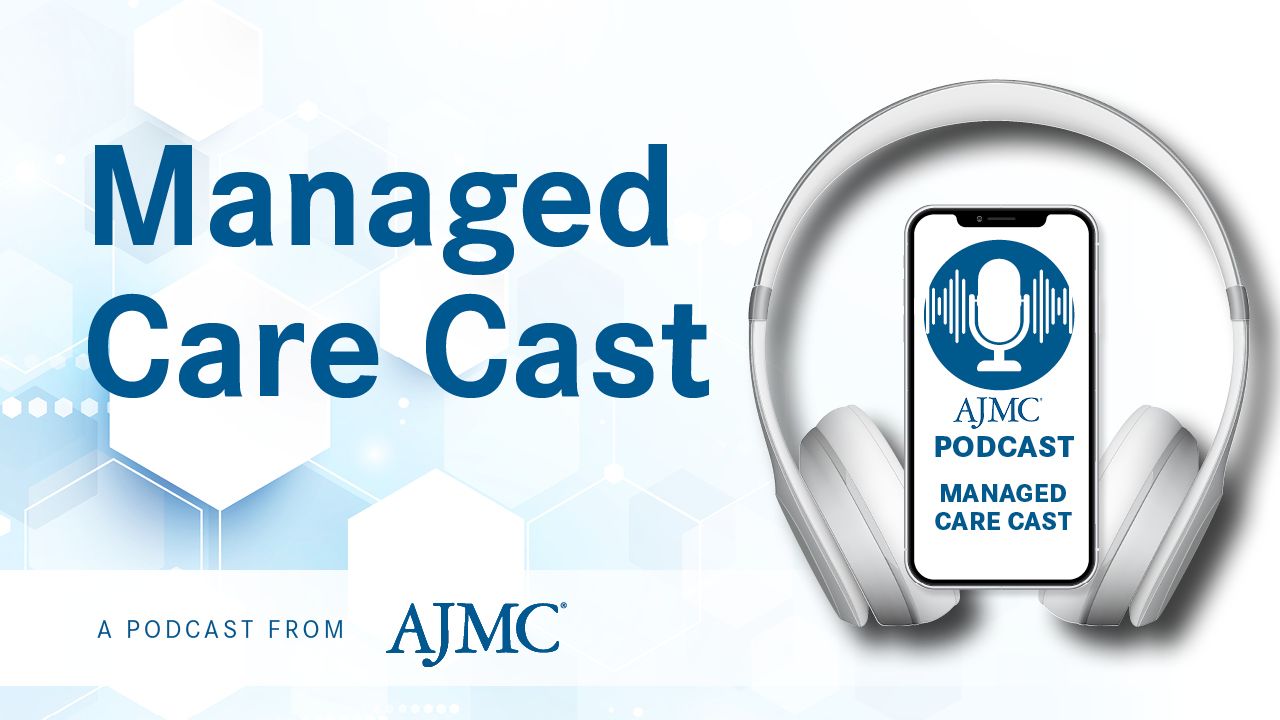Video
HIV Care Should Be Comprehensive, Says Dr Jana Dickter
Author(s):
Jana K. Dickter, MD, associate clinical professor, Division of Infectious Diseases, City of Hope, addresses what health systems need to do to improve HIV therapy accessibility and affordability.
It is important for health systems to improve accessibility and affordability for treatments for HIV and potential comorbidities, because those related problems can be associated with a patient's ability to adhere to their treatment, said Jana K. Dickter, MD, associate clinical professor, Division of Infectious Diseases, City of Hope.
Transcript
How can health systems address patient accessibility and affordability issues associated with HIV therapies?
HIV medications are expensive, and in the United States the total annual undiscounted spending on antiretroviral drugs has more than doubled since 2010, reaching over $22 billion in 2018. Sustained regular care for people living with HIV, which includes starting therapy and maintaining therapy, is vital to their general health. This also prevents further transmission of the virus because people who are living with HIV who are on effective treatment who have effectively undetectable viral loads can't transmit the virus to others. HIV-infected patients who are receiving ongoing regular scheduled care in general do better. They have significantly lower viral loads and higher CD4 cells or, in general, better functioning immune systems. They also have decreased morbidity and mortality, and this also helps lower rates of progression to other complications, including AIDS, or hospitalizations associated with comorbidities associated with HIV and AIDS and, in general, overall improved health.
So one important way for health care systems to address this is to really improve access to care for these patients. And care should be comprehensive. Many of these patients are at risk for some long-term comorbidities associated with their HIV. Some of these comorbidities are associated with aging, and that includes cardiovascular disease, neurologic diseases, metabolic diseases, and cancer. For them to have access to [treatment for] these health issues is important, but it's also important for them to have access to [treatment for] any issues that may also be associated with psychiatric issues or substance abuse, because those problems can also be associated with their ability to take their medications on a regular basis.





